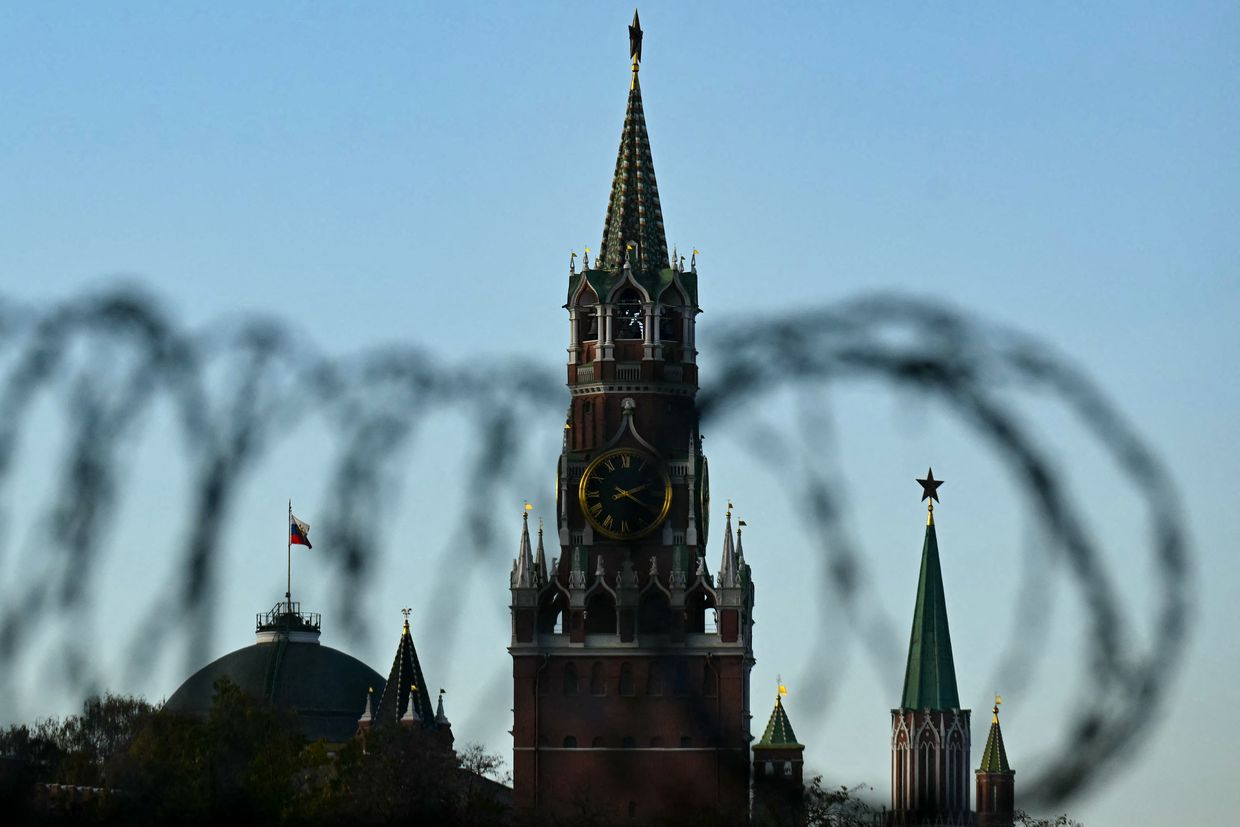'We face war in Europe' — UK announces major defense spending boost amid Russian threat

The United Kingdom on June 2 launched its Strategic Defense Review, a plan to dramatically boost defense spending in light of the increased threat Russia poses to European security, U.K. Prime Minister Keir Starmer said, adding that it is "the largest sustained increase in defense spending since the end of the Cold War."
"Every part of society, every citizen of this country, has a role to play because we have to recognize that things have changed in the world of today... The front line, if you like, is here," Starmer said.
"We face war in Europe, new nuclear risks, daily cyberattacks, growing Russian aggression in our waters, menacing our skies," he added.
The media reported on June 1 that a defense review would recommend increasing the U.K.'s military spending and introducing new equipment, including jets capable of launching tactical nuclear weapons.
The British military has a substantial nuclear arsenal, but can only launch such weapons from its submarines after decommissioning a number of platforms at the end of the Cold War.
Starmer announced a wide range of new defense spending commitments amid the increased threat Russia poses to Euro-Atlantic security.
Twelve new nuclear submarines are set to be built within the framework of the Aukus partnership with the U.K, U.S., and Australia.
The U.K. plans to boost weapons production and increase stockpiles, including plans to produce 7,000 long-range weapons and six new munitions factories.
Weapons spending is set to increase by 1.5 billion pounds ($2 billion) to a total of 6 billion pounds ($8.1 billion). Another 15 billion pounds ($20 billion) will be invested in the U.K's nuclear warhead program.
"The threat we now face is more serious, more immediate and more unpredictable than at any time since the Cold War," Starmer said.
NATO officials have increasingly warned that Russia could attack the alliance's eastern flank in the coming years amid Russia's war against Ukraine.
Finland expects an increased Russian military buildup on its border once the war against Ukraine is over, Major General Sami Nurmi, the head of strategy of the Finnish defense forces, told the Guardian in an interview published on May 21.
Russia has increasingly threatened Ukraine's allies as it continues to wage its war.
Members of NATO's eastern flank, including Finland and Poland, have raised concerns that Russia could intensify military buildup on their borders if Ukraine and Moscow reach a ceasefire.
Ukraine and Russia held peace talks in Turkey on May 16 and June 2. The negotiations were largely inconclusive, with Russia reiterating maximalist demands. The talks mainly yielded agreements toward prisoner exchanges.











